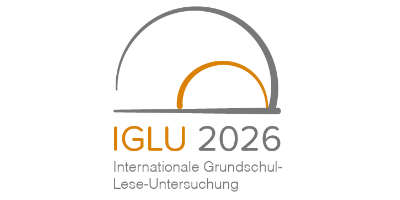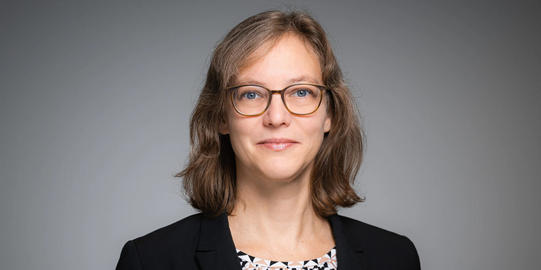Progress In International Reading Literacy Study
The Progress In International Reading Literacy Study 2026 (IGLU 2026) focuses on students` reading literacy at the end of fourth grade. As part of the overall educational monitoring strategy of the Standing Conference of the Ministers of Education and Cultural Affairs of the Länder (KMK) in Germany, the international large scale assessment provides important findings for the quality of the education system in Germany. With this sixth study cycle, trends since 2001 – and thus over a quarter of a century – can be identified.
Project description
The international large scale assessment PIRLS 2026 examines students’ reading literacy at the end of fourth grade for the sixth time every five years. The international perspective of the study allows to compare reading literacy of fourth-graders in Germany with those in around 60 other countries and regions around the world on the basis of representative data.

PIRLS is a central element of educational monitoring in Germany and enables conclusions about trends in the school system since the first study cycle in 2001.
In Germany, around 4,000 fourth-graders from elementary schools in all 16 federal states will take part in the main survey in spring 2026. The focus of PIRLS 2026 lies on reading literacy. This will be assessed using tests carried out on digital devices. In addition to testing and surveying the students themselves, information from their teachers and principals as well as their parents or guardians will also be collected using questionnaires. This provides important, comprehensive background information on the conditions for reading literacy. Central characteristics of students (e.g. reading motivation), their lessons (e.g. reading strategies and lessons), their schools (e.g. school climate) and their families (e.g. family pre-school reading activities) can thus be examined and their correlations with reading literacy can be analyzed. This provides the basis for deriving important implications and recommendations for supporting reading literacy.
Lead researcher at IFS
Project management
Deputy project management
Project team
External project partners
- Prof. Dr. Andreas Frey (Goethe University Frankfurt am Main)
- Prof. Dr. Frank Goldhammer (Leibniz Institute for Research and Information in Education)
- Prof. Dr. Anita Schilcher (University Regensburg)
- Prof. Dr. Tobias Stubbe (Georg-August-University Göttingen)





![[Translate to English:] [Translate to English:]](/storages/ifs-ep/_processed_/8/5/csm_AdobeStock_412860748_9a2dbb816c.jpeg)


